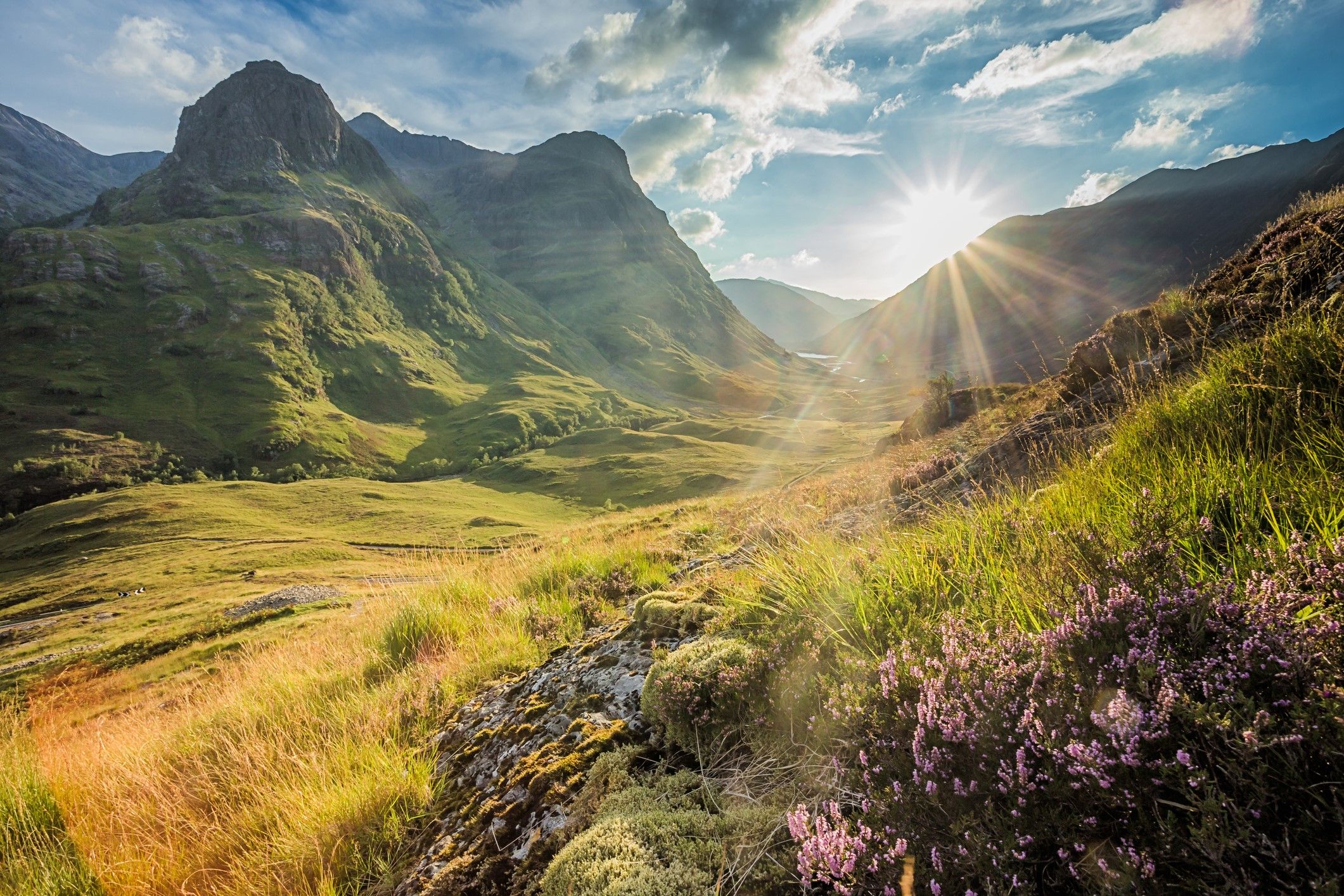Nature positivity with a side of scepticism
Abby Eastwick, Jane Austen College
Saturday 6th November 2021
The first week of COP26 ended with nature in the spotlight. The programme of events promised a morning event aimed at tackling deforestation and an afternoon exploring sustainable agriculture and land use. Commitments made during the day by 134 countries will help the implementation of the ‘Glasgow Leaders’ Declaration on Forests and Land Use’, which aims to halt and reverse forest loss and land degradation by 2030. Another key result of the discussions was that 45 countries promised urgent action to shift to sustainable farming. The UK COP26 presidency stated that the pledge was with the intention of ‘urgent action and investment to protect nature and shift to more sustainable ways of farming’. Examples of how this is to be done include an obligation to ‘leverage over $4 billion of new public sector investment into agricultural innovation’ and a £500m boost to protect over five million hectares of tropical rainforests and create thousands of green jobs across Africa, Asia and Latin America.
Furthermore, Hollywood actor Idris Elba and his wife Sabrina joined Ugandan climate activist Vanessa Nakate in drawing attention to the threat climate change poses to food security. Elba, who is a UN Goodwill Ambassador, declared that ‘the supply chain is going to be damaged if we don’t figure out what to do’ in a bid to urge policymakers to consider the impacts of the climate crisis on small scale farmers - particularly those in Africa – who produce over 70% of food consumed worldwide. In addition, 95 high profile companies from a diversity of fields committed to being ‘nature positive’ by 2030, meaning they will be actively working towards halting and reversing the decline of nature by the end of the decade.
The target of 2030 for many of these policies, such as the ‘Glasgow Leaders’ Declaration on Forests and Land Use’ and the ‘nature positive’ pledge, I believe is more impactful than the commonly cited mid-century goal. Until everybody everywhere starts doing their part, the situation will only continue to worsen in the next 30 years or until net zero is achieved, while authorities unctuously claim that they’re doing everything in their near infinite power to help. An end-of-decade time frame shows the kind of conviction and urgency many, including myself, have been yearning to see from this summit. Not consciously exacerbating the problem isn’t enough; we all need to be actively combating this crisis and be part of the solution. Complacency burns as big a hole as aggravation, and Earth is currently in an exceptionally vulnerable and flammable state. As today’s proceedings highlight, greenhouse gas emissions are everywhere and will eventually affect everything. Things that we take for granted such as food could disappear from our shelves, and when these basics vanish, those of the older generation who never thought this was their problem to fix will look back and rue all of those missed opportunities to provide their descendants with an inhabitable world. One quarter of global greenhouse gas emissions stem from the topics of today’s proceedings: agriculture, forestry, and land use. Therefore, conscious global efforts to make farming more sustainable will go a long way. It is clear that human interference wreaks havoc on the natural harmony of the planet, and it is only once world leaders gain and act on a sense of perspective that my generation’s passionate pleas will be heard. We do not march for our ardent cries to fall on deaf ears, and we will not stop until meaningful, not just well-meaning, measures are taken.
References
